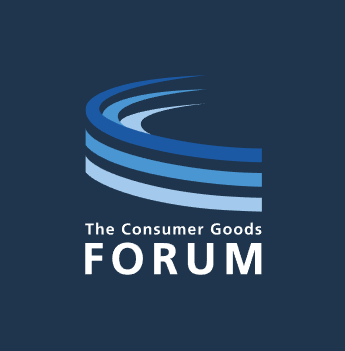Roundtable Insights on Advancing the Responsible Recruitment of Migrant Workers in Southeast Asia

KUALA LUMPUR, Malaysia, November 7, 2023 /3BL/ - In collaboration with the Institute for Human Rights and Business, and the Responsible Labor Initiative, an initiative of the Responsible Business Alliance, the Consumer Goods Forum’s (CGF) Human Rights Coalition (HRC) held a one–day conference to promote the responsible recruitment of migrant workers. Over 250 participants – including Malaysian companies, international brands and retailers, and for the first time over 100 recruitment agencies from origin and destination countries – joined the event to hear how leading companies are increasingly making responsible recruitment of workers part of their business model and discuss how to overcome remaining challenges and scale up action to eradicate forced labour, in collaboration with government. This business–focused event examined recruitment corridors across the region and provided a timely opportunity to showcase concrete actions and solutions.
The workshop was opened by the organisers, who recalled the complex realities to which migrant workers are confronted globally and more specifically across Southeast Asia. Acknowledging the progress made by businesses implementing human rights due diligence (HRDD), and the evolution of regulatory frameworks globally, the participants agreed on the need to move the needle from policy to action; from guidance to implementation. Implementation is more complex and requires change in the business culture and attitude towards migrant workers. Therefore, collaboration is needed across multiple stakeholders to find innovative and effective solutions to accelerate and scale-up action.
Throughout the day, companies and government representatives agreed that Environmental, social, and governance (ESG) and HRDD – including worker wellbeing – are here to stay, and thus it is a must that companies and governments take actions to implement it meaningfully. The demands from regulatory agencies, consumers and investors are increasingly pushing companies to shape their behaviour in line with sustainability expectations and respect for workers rights. The challenge is to ensure such behavioural changes reach the deeper ends of the supply chain, up to smallholders. As reporting requirements become more stringent an effort to avoid efforts on HRDD in paper that do not have significant impact on the ground is key.
Businesses in different sectors – including palm oil, electronics and rubber gloves, shared their experience implementing meaningful HRDD and in particular repaying recruitment fees of migrant workers in situations of debt bondage. Leading companies called for sector and country-wide action, to move from company specific to structural changes that transform the recruitment market in a sustainable and lasting way. The efforts of a few companies are not enough to create a cultural shift, it is key to create alignment across suppliers, buyers and also government action to advance towards a positive transformation.
Government representatives also showcased the efforts deployed by Malaysia to develop and implement national action plans, bilateral agreements and legislation that supports the shift towards responsible recruitment. The need for cross-country and business to government collaboration was underscored as a key part of effective implementation. Their openness to continue or initiate revision processes of the policies, legislation and mechanisms available to improve them in line with international standards was well received by the participants, who then contributed with suggestions on the key changes that should be prioritised moving forward.
Companies emphasised the importance of proactivity in adopting responsible recruitment practices in order to build a more resilient industry in times of many sustainability challenges and regulatory changes.
The event was extremely valuable and we look forward to the next steps to drive business and governmental collective action on transitioning to an Employer Pays Model where “No Worker Pays for a Job”.
Businesses looking to explore additional resources and guidance on due diligence, the identification and repayment of recruitment fees, and other human rights issues are invited to contact the HRC team for more information. CGF members interested in attending future events can also contact the HRC team.

